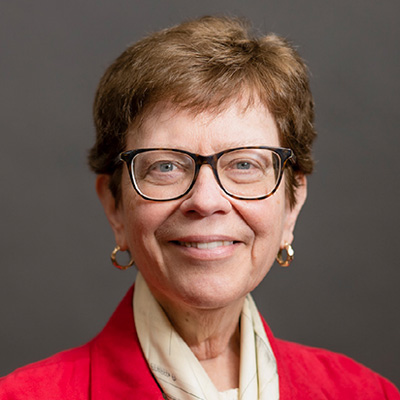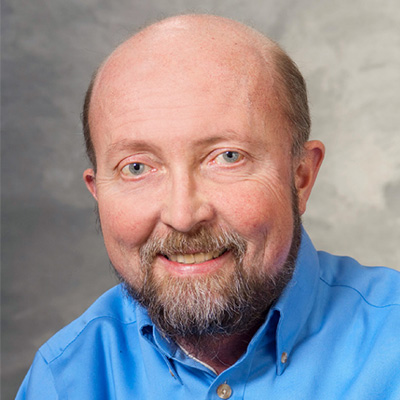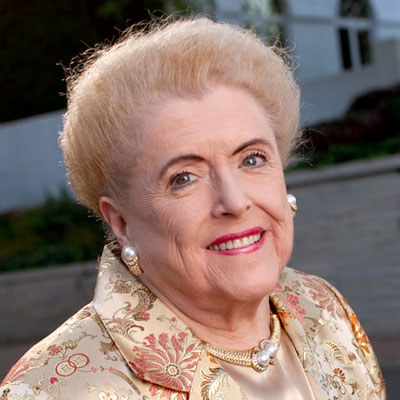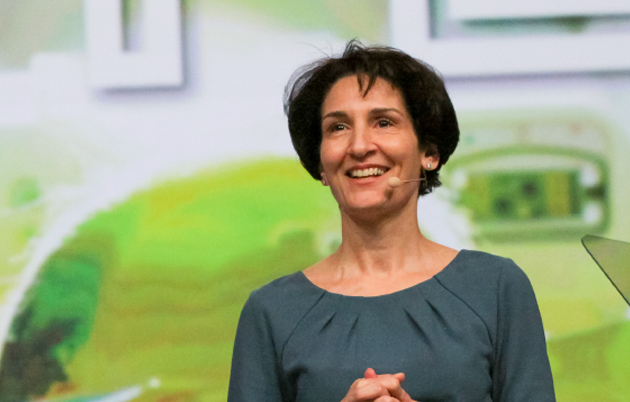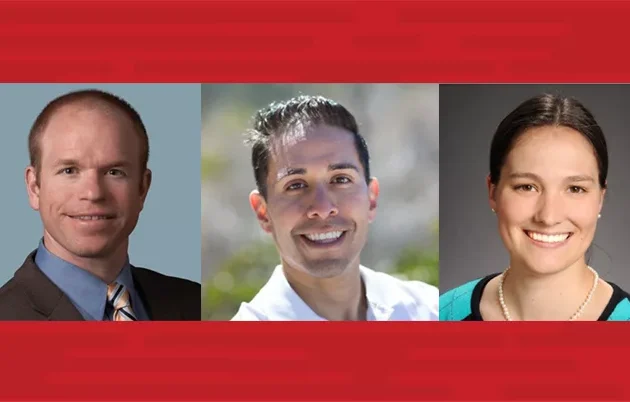Professor Emeritus Gary E. Lyons Jr., PhD, passed away on January 30, 2023, at age 65, in Madison, Wisconsin.
Born in Fitchburg, Massachusetts, Lyons received a doctorate in anatomy from the University of Pennsylvania. He completed his post-doctoral training at Stanford University and the Pasteur Institute in Paris. In 1991, he joined the faculty of the University of Wisconsin School of Medicine and Public Health’s Department of Anatomy, now called the Department of Cell and Regenerative Biology.
For 28 years, until he retired with emeritus status in 2019, Lyons was a highly revered educator, researcher, collaborator, and mentor in that department. He was passionate about science and teaching.
In his research laboratory — which focused on the characterization of novel genes in the mouse cardiovascular system using gene-trapping techniques — Lyons mentored undergraduate and graduate students, post-doctoral fellows, and visiting professors. He published more than 130 scientific papers and book chapters based on his work advancing the understanding of cardiac developmental biology, often using stem cells as a powerful tool. He was a member of the UW Stem Cell and Regenerative Medicine Center, and he especially enjoyed collaborating with a variety of colleagues throughout the SMPH and UW–Madison.
Lyons also was known as an enthusiastic and approachable instructor for first-year medical students.
“Thousands of medical students adored Dr. Lyons for his outstanding teaching, compassion toward them, and willingness to help them in times of need. He was a role model of how to live a life,” notes Patrick McBride, MD ’80, MPH, former associate dean for students and an emeritus professor of medicine. “He also was a dear friend and colleague.”
Lyons served on several UW–Madison and community committees. He was particularly honored to serve on the Medical School Admissions Committee, the Disability Accommodation Advisory Committee, the UW–Madison Teaching Academy, and—for 10 years—the Stem Cell Research Oversight Committee; for the latter, he was chair for eight years, during a time when the science and politics of human pluripotent stem cells were rapidly evolving.
Having received numerous academic and teaching awards, Lyons was most proud of those conferred upon him by his students. Specifically, he received the Wisconsin Medical Alumni Association Distinguished Basic Sciences Teaching Award in 2006 and 2014. This award recognized the most distinguished basic science teacher in the first two years of medical school as identified by second year medical students.
“While Dr. Lyons was an innovative, impactful scientist, his passion for teaching and mentoring was perhaps his greatest joy and most enduring contribution to our school,” notes SMPH Dean Robert N. Golden, MD. “We will always be grateful for his support and dedication to an entire generation of students.”
A memorial fund has been established in Lyons’ honor. Please see give.wiscmedicine.org/GaryLyonsScholarship for details.
Alice R. McPherson, MD’ 51 (PG’ 58)
